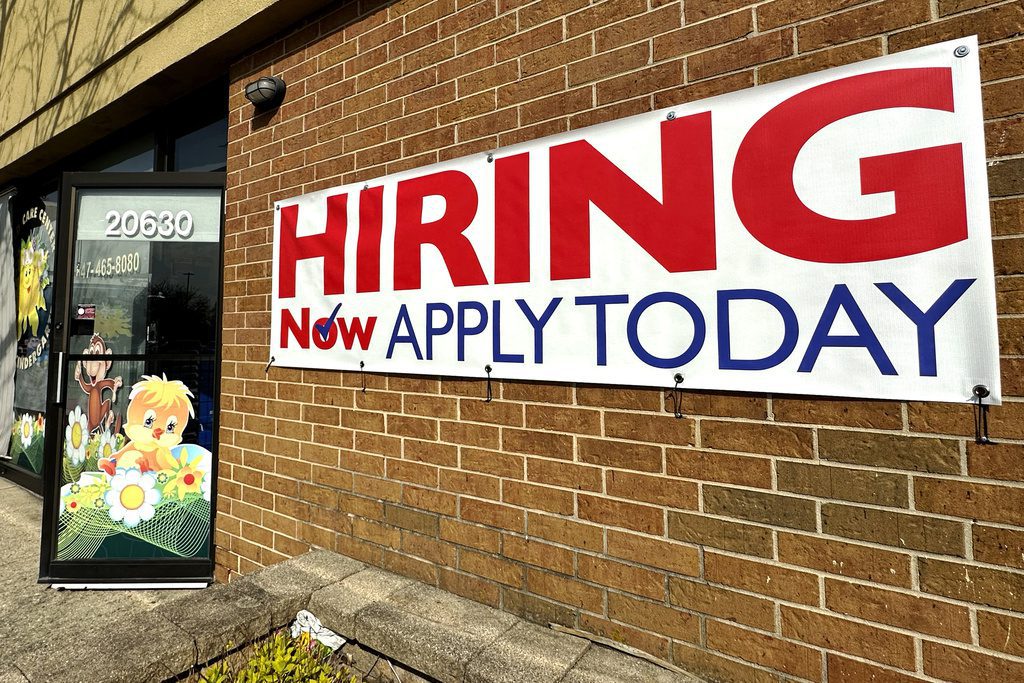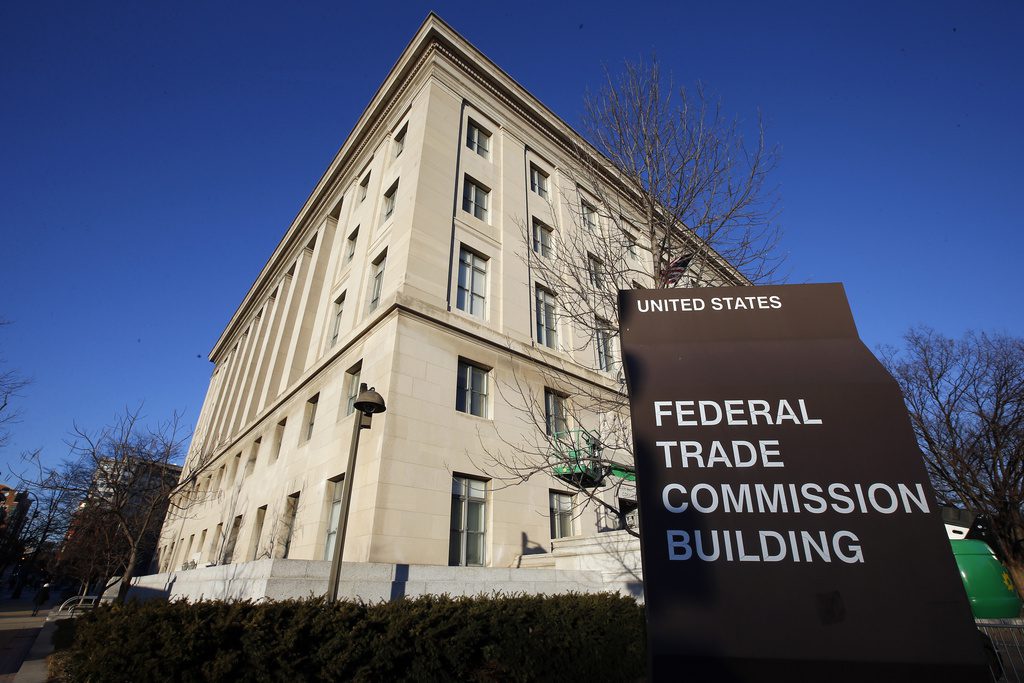
A state Assembly rep wants the state to have a law similar to groundbreaking legislation in Utah. Some parents are skeptical and experts aren’t sure if it can be enforced, but they want to do something about social media’s harmful potential with young minds.
Motivated by research and reports connecting social media use to mental health problems in youth, Rep. David Steffen (R-Howard) is proposing a bill that would give parents control of their child’s social media platforms like Instagram and TikTok—if it can work as designed.
Rep. Steffen’s proposal is modeled after a recently-signed Utah law, the first in the nation to establish regulations for social media companies to follow on all accounts held by children. The law requires explicit adult consent for a child to open an account.
“Today, social media companies, advertisers, and predators have easy, electronic access to our kids,” said Steffen. “It has become obvious that this has been at the expense of the health and wellbeing of our children. It’s our job as parents or guardians to keep our kids safe, but the current online environment has made that nearly impossible.”
According to the Cleveland Clinic, studies have shown that social media can lead to increased irritability, increased anxiety, and lack of self-esteem. One study shows that children younger than 11 years old who use Instagram and Snapchat are more likely to have problematic digital behaviors like having online-only friends and visiting sites parents would disapprove of, as well as a greater chance of taking part in online harassment.
“It doesn’t sound like a bad idea,” said Milwaukee mom D’lana Reed. “As my kids get older, I am going to be very diligent about restricting their exposure to certain platforms. The world is scary enough and there’s no reason to expose them to the scary world of social media if I can prevent it.”
What are the dangers of social media?
- Cyberbullying
- Online predators
- Sharing too much information
- False marketing
- Dangerous viral trends
What will the legislation do if passed?
- Enhance parental oversight and access to their child’s account
- Require age verification to ensure restrictions are placed on accounts held by kids
- Protect children during the overnight hours by establishing a nighttime curfew on their accounts or restrict the type of advertising and direct messaging targeted at minor accounts
- Impose penalties on social media companies for noncompliance
“I’m curious how it would actually work,” said Matti Hott, a mother in Manitowoc. “I know I signed up for Facebook before I was old enough by just putting in a fake birthday. I think it would be hard to hold social media developers accountable for teens bypassing the rule.”
Concerns have been expressed that the rules could be circumvented (through fake birthdays or IDs) or could lead to collection of sensitive data in order to properly prove someone’s age. Child advocates say another part of the Utah law—giving parents access to a child’s full account and private messages—could create mental health issues through the lack of privacy, especially in the case of an LGBTQ child whose parents are not accepting of their identity or concerns.
The bill will be introduced in the coming weeks and make its way through the legislative process this session. Even if it does not pass or appears unenforceable, it is the latest part of a growing movement to find ways to either regulate social media site or convince them to be more proactive in restricting access by children.
Politics

Biden administration bans noncompete clauses for workers
The Federal Trade Commission (FTC) voted on Tuesday to ban noncompete agreements—those pesky clauses that employers often force their workers to...

Opinion: Trump, GOP fail January 6 truth test
In this op-ed, Milwaukee resident Terry Hansen reflects on the events that took place on January 6, the response from Trump and other GOP members,...
Local News

Readers Poll: Top Bowling Alleys in Wisconsin
Looking for the best bowling in Wisconsin? Look no further! Our readers have spoken in our recent poll, and we have the inside scoop on the top...

8 Wisconsin restaurants Top Chef judges are raving about
Top Chef’s 21st season is all about Wisconsin, and on-screen, it’s already apparent that the judges feel right at home here. But, while filming in...




